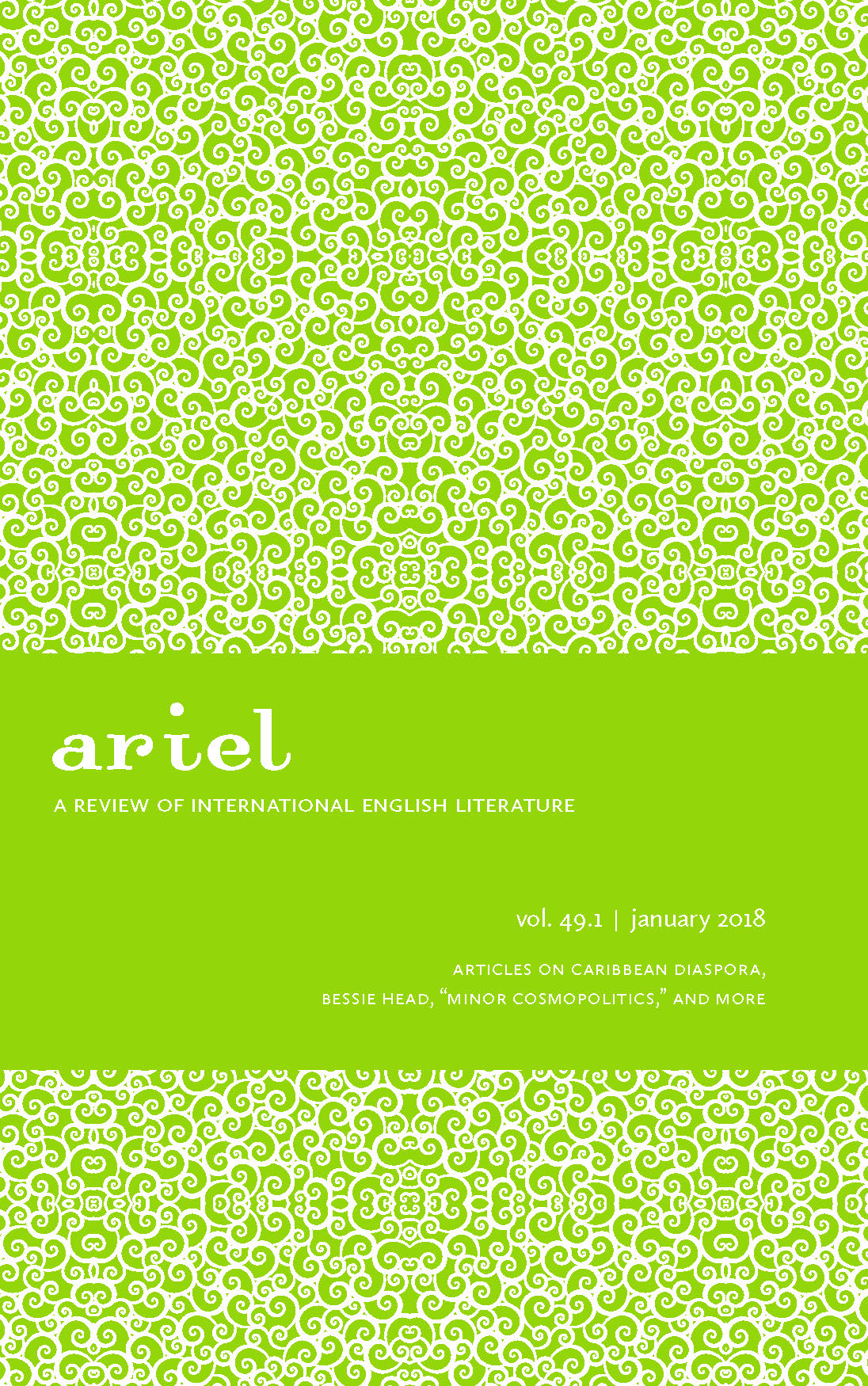Garden Variety Holiness: Bessie Head’s “reverence for ordinary people” in A Question of Power
Keywords:
Head, Bessie, A Question of Power, Ndebele, Njabulo S., ordinary, spectacular, holy fool, garden, ludicAbstract
To unfold the “reverence for ordinary people” that Bessie Head says animates her writings, the present study considers A Question of Power in light of Njabulo S. Ndebele’s theories of the spectacular and the ordinary. By aligning Ndebele’s religious ideal of redemptive transformation with Head’s use of reverence, this essay argues that A Question of Power deploys at once spectacle—particularly in its guise of madness—and ordinariness. This combination of the spectacular and the ordinary manifests itself in the prophetic figure of the holy fool, the garden of Motabeng village, and the people whom the garden gathers together. A Question of Power thus displays Head’s ludic energy as she creates a garden variety holiness that emerges in virtually all of the novel’s aesthetic elements.


